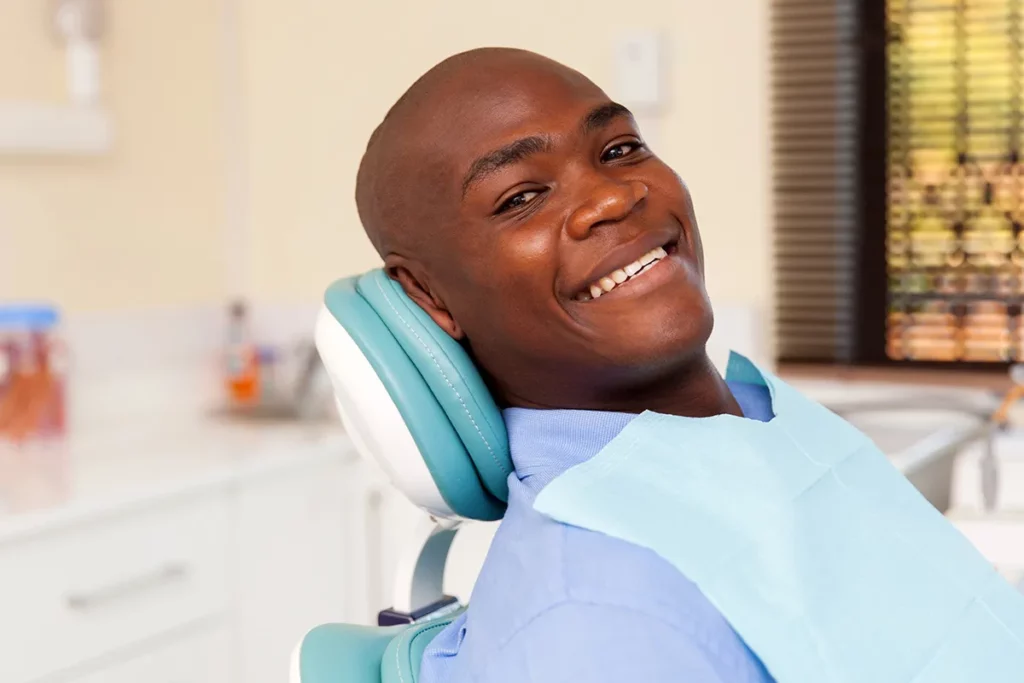Understanding Sleep Disorders
Sleep is an essential component of overall health and well-being. However, many individuals struggle with sleep disorders that can severely impact their quality of life. Conditions such as insomnia, sleep apnoea, and restless leg syndrome are just a few examples of issues that can lead to chronic fatigue and a general feeling of malaise.
Understanding the nature of these disorders is crucial for effective treatment. Sleep disorders can stem from various causes, including lifestyle choices, medical conditions, and psychological factors. Identifying the root cause is often the first step towards finding a solution.
Common Sleep Disorders
Insomnia is perhaps the most well-known sleep disorder, characterised by difficulty falling or staying asleep. This condition can be acute, lasting a few days, or chronic, persisting for months or even years. Individuals suffering from insomnia often experience daytime fatigue, irritability, and difficulty concentrating.
For those who find themselves tired of being tired, a sleep study Inglewood may be the key to unlocking better sleep and improved health. By understanding the nature of sleep disorders and taking proactive steps towards diagnosis and treatment, individuals can reclaim their nights and enhance their overall quality of life.
Another prevalent condition is sleep apnoea, which involves repeated interruptions in breathing during sleep. This disorder can lead to fragmented sleep and a host of health issues, including cardiovascular problems. People with sleep apnoea often snore loudly and may experience gasping or choking sensations during the night.

Restless leg syndrome (RLS) is another common sleep disorder that affects many people, often leading to uncomfortable sensations in the legs, which can be alleviated by movement. This condition typically worsens during periods of inactivity, particularly in the evening or at night, making it difficult for sufferers to relax and fall asleep. The relentless urge to move can result in significant sleep disruption, leading to a cycle of fatigue and decreased quality of life. Understanding RLS is essential, as it can often be linked to other health issues, including iron deficiency or neurological conditions, making comprehensive evaluation and management vital.
Moreover, the impact of sleep disorders extends beyond mere fatigue. Chronic sleep deprivation has been associated with a range of physical and mental health issues, including obesity, diabetes, and depression. The intricate relationship between sleep and overall health underscores the importance of addressing sleep disorders not only for immediate relief but also for long-term well-being. As research continues to evolve, new insights into the mechanisms behind these disorders may pave the way for innovative treatments and better management strategies.
The Importance of Sleep Studies
For those struggling with sleep issues, a sleep study can provide invaluable insights. A sleep study, or polysomnography, is a comprehensive test that records various physiological parameters while a person sleeps. This includes brain activity, eye movement, heart rate, and oxygen levels, among other metrics.
Conducting a sleep study can help healthcare professionals diagnose specific sleep disorders accurately. With this information, tailored treatment plans can be developed, leading to improved sleep quality and overall health. Furthermore, the implications of sleep disorders extend beyond mere fatigue; they can significantly affect mental health, cognitive function, and even physical health, making the role of sleep studies all the more critical in contemporary healthcare.
How Sleep Studies Work
During a sleep study, patients are typically monitored overnight in a specialised sleep centre. The environment is designed to mimic a home setting, allowing for natural sleep patterns. Sensors are placed on the body to collect data, which is then analysed by sleep specialists. The process may seem daunting, but the staff are trained to ensure that patients feel comfortable and relaxed throughout the night, which is essential for obtaining accurate results.

Some sleep studies can also be conducted at home, using portable monitoring devices. While these home studies may not capture as much data as those conducted in a sleep centre, they can still provide valuable information for diagnosing sleep disorders. These devices often track basic metrics such as heart rate and movement, allowing patients to maintain a sense of normalcy in their own environment while still contributing to their health assessments. Learn more about disorders at https://medlineplus.gov/mentaldisorders.html
Benefits of Undergoing a Sleep Study
One of the primary benefits of undergoing a sleep study is the potential for a definitive diagnosis. Many individuals may be unaware of the specific nature of their sleep issues, and a sleep study can illuminate the underlying problems. With a clear diagnosis, effective treatment options can be explored. For instance, conditions such as sleep apnoea, restless leg syndrome, and narcolepsy can be identified through these studies, leading to targeted interventions that can drastically improve a patient’s quality of life.
Additionally, understanding sleep patterns can empower individuals to make lifestyle changes that promote better sleep hygiene. This knowledge can lead to long-term improvements in health and well-being. For example, patients may learn about the importance of maintaining a consistent sleep schedule, creating a restful environment, and avoiding stimulants before bedtime. Such insights not only enhance sleep quality but can also foster a deeper understanding of how sleep interacts with various aspects of life, including stress management and overall productivity.
Sleep Study Inglewood: What to Expect
Inglewood offers several facilities that specialise in sleep studies, providing residents with access to the latest technology and expert care. When considering a sleep study in Inglewood, it is essential to know what to expect throughout the process.
Typically, the first step involves a consultation with a healthcare professional who will evaluate your symptoms and medical history. This assessment will help determine whether a sleep study is necessary and what type of study would be most beneficial. Click here to find more about symptoms.
Preparing for Your Sleep Study
Preparation for a sleep study is relatively straightforward. Patients are usually advised to maintain their normal sleep schedule in the days leading up to the study. It is also essential to avoid caffeine and alcohol, as these substances can interfere with sleep quality.
On the night of the study, patients should bring comfortable sleepwear and any necessary personal items. The sleep centre will provide further instructions and ensure that patients feel comfortable and relaxed throughout the process.
The Night of the Study
During the sleep study, patients will be connected to various monitoring devices that will track their sleep patterns. While this may seem daunting, the staff at sleep centres are trained to ensure a comfortable experience. Patients are encouraged to sleep as they normally would, allowing for the most accurate data collection.
Once the study is complete, the data will be analysed by a sleep specialist, who will provide a detailed report and recommendations based on the findings.
Interpreting the Results
After a sleep study, patients will receive a comprehensive report detailing their sleep patterns and any identified disorders. Understanding these results is crucial for effective treatment. Sleep specialists will explain the findings, helping patients grasp the significance of their sleep issues.
For instance, if sleep apnoea is diagnosed, the report may suggest a treatment plan that includes lifestyle changes, continuous positive airway pressure (CPAP) therapy, or other interventions. The goal is to improve sleep quality and overall health.
Next Steps After Diagnosis
Once a diagnosis has been established, patients can work with their healthcare provider to develop a tailored treatment plan. This may involve a combination of medical interventions, behavioural therapies, and lifestyle modifications.
For example, individuals diagnosed with insomnia may benefit from cognitive behavioural therapy for insomnia (CBT-I), which focuses on changing negative thought patterns and behaviours related to sleep. Meanwhile, those with sleep apnoea might require the use of a CPAP machine to maintain open airways during sleep.
Long-Term Management of Sleep Disorders
Managing sleep disorders often requires ongoing effort and commitment. Regular follow-ups with healthcare providers can help monitor progress and make necessary adjustments to treatment plans. Additionally, incorporating good sleep hygiene practices can significantly enhance the effectiveness of any treatment.
Good sleep hygiene includes maintaining a consistent sleep schedule, creating a restful sleep environment, and avoiding stimulating activities before bedtime. These practices can help reinforce the body’s natural sleep-wake cycle, leading to improved sleep quality over time.
Conclusion: Taking Control of Your Sleep Health
With the right support and resources, it is possible to break free from the cycle of fatigue and embrace a more energised, fulfilling life. If sleep issues persist, seeking professional help is a vital step towards achieving restful nights and vibrant days.
Learn more on: Is a Sleep Study Moss Vale the Key to Finally Waking Up Energised

